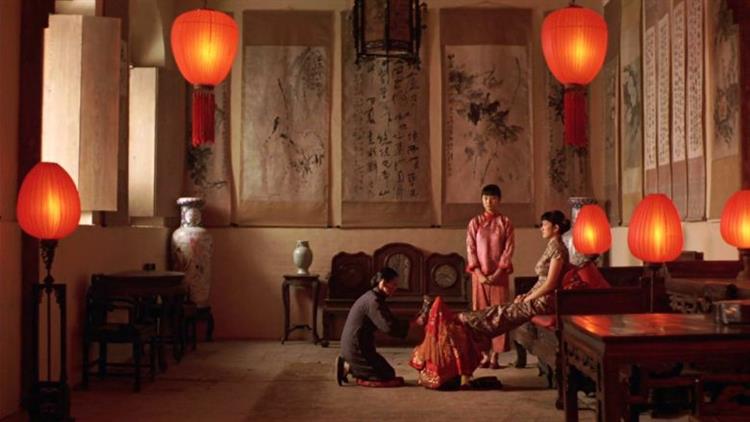With Halloween approaching, ’tis the season to be sitting down on the sofa (or maybe hiding behind it) to watch movies about evil spirits, psychotic phantom children and bloodily gruesome murders – or at least that’s how it goes in most parts of the world. In Mainland China, however, horror fans’ appetites go largely unsated. China has a much smaller slate of horror films than most countries and interest from the audience seems low – but why is China unable to deliver scare tactics that are worthy of a few bloodcurdling screams?
As is so often the case with Chinese films, it comes down to governmental restrictions. China has undefined limits on violence and sexual content, two mainstays of the horror genre. There are also limits on superstitious content, which extends to ghosts, zombies and other symbols of the supernatural. Despite, or in fact because of, the fact that ghosts have long played a role in Chinese mythology and folk tales, they’re not allowed to appear in Mainland to discourage superstition.
Just because they’re not allowed to appear, though, doesn’t mean they don’t. Mainland horror films still include the supernatural, effectively by cheating, which leads to some pretty ludicrous plot twists. Take hit movie The House That A Chinese Ghost Story Never Dies (spoilers ahead). The film, inspired by a real, ostensibly haunted house at 81 Chaoyangmen Nei Dajie in Beijing, centres around a woman tormented by ghosts in a stately mansion. The film’s strong production values made it a smash at the Chinese box office despite some seriously melodramatic acting, clichéd imagery, and a feeble final act curveball in which it is revealed that the story’s protagonist was actually dosed up on LSD the whole time, rendering the ghosts we’ve seen hallucinations. Other films have likewise explained away paranormal elements as the result of bad dreams, insanity or hypnosis.
Many Chinese horror directors seem content to merely copy imagery from dated Japanese ghost movies – perhaps in part due to the success that a spate of J horror flicks has enjoyed internationally. Nevertheless, with limits on the number of foreign films shown on Chinese screens, even more lacklustre domestic horror flicks are able to make some profit from young viewers, especially given those films’ often low production costs.
If you regard yourself a hardcore horror aficionado and are seeking some scares with Chinese characteristics, then we’ve got you covered below. As with a lot of Chinese genre films, the Hong Kong film industry provides what the Mainland lacks.
A Chinese Ghost Story
Ching Siu-tung Hong Kong (1987)
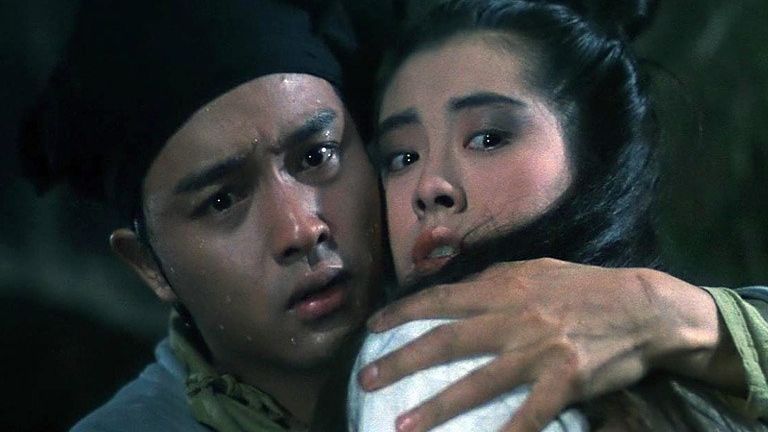
Photograph: courtesy Cinema City Film Productions
Not particularly scary, but boasting a story drawn from Pu Songling’s classic Strange Tales from a Chinese Studio, striking camerawork plus an entertaining approach typical of ’80s Hong Kong cinema.
We're Going to Eat You
Tsui Hark Hong Kong (1980)
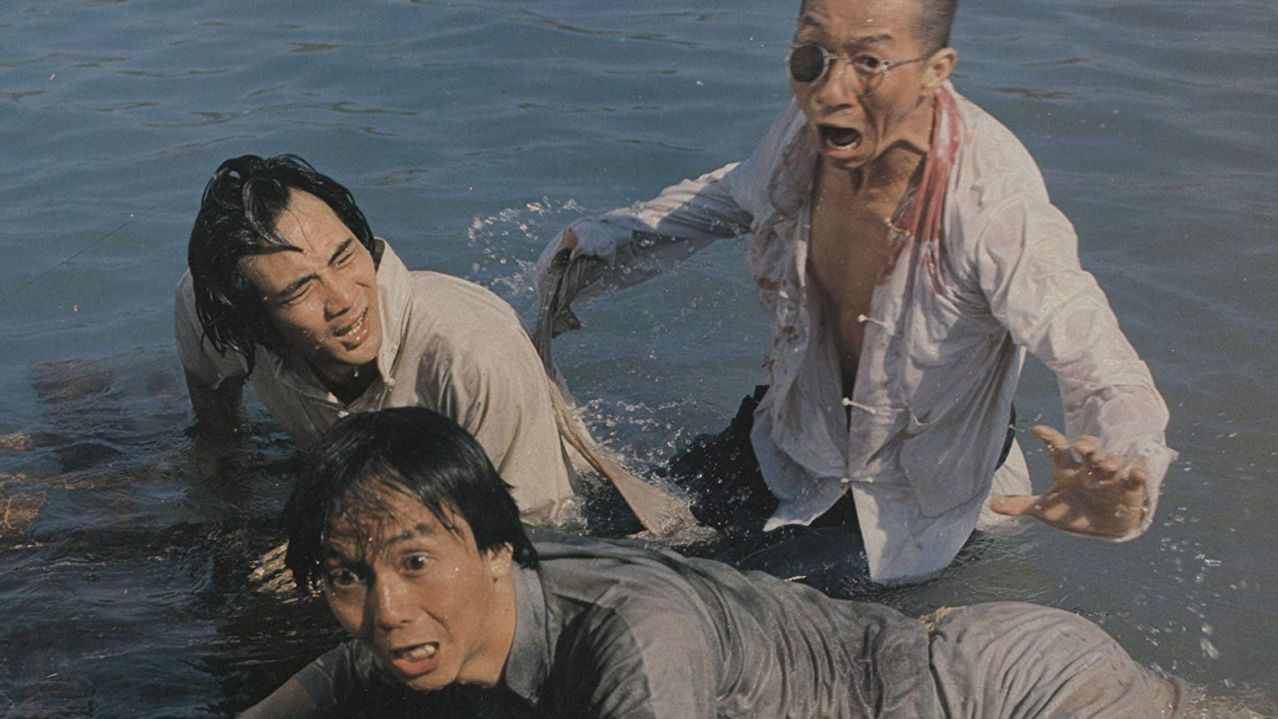
Photograph: courtesy Seasonal Film
One of several Hong Kong films from the early ‘80s to combine kung fu, comedy and horror. The result is hardly high art, but this scuzzy, macabre tale of a village full of cannibals is sure to please grindhouse aficionados.
Dumplings
Fruit Chan Hong Kong (2004)
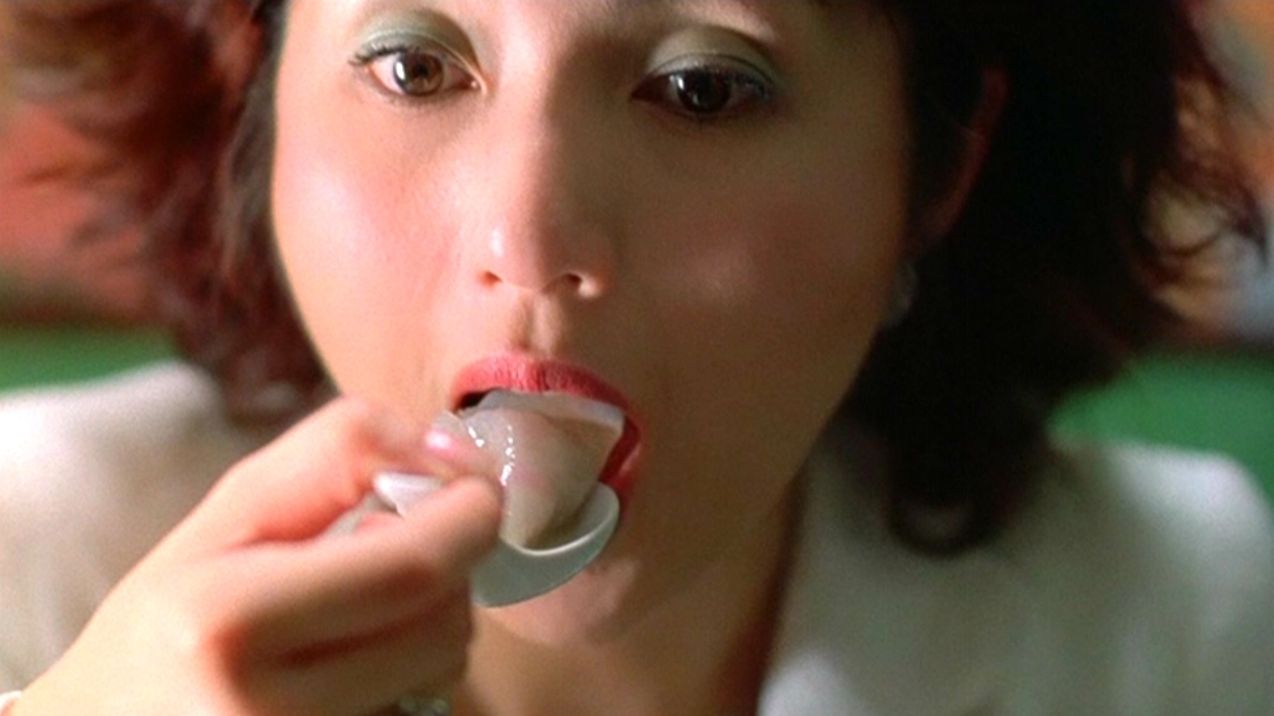
Photograph: courtesy Applause Pictures
For a more recent horror film, check out independent Hong Kong filmmaker Fruit Chan’s Dumplings. The film revolves around a woman whose youth-restoring jiaozi have a shockingly gruesome secret ingredient.
Raise the Red Lantern
Zhang Yimou Mainland (1991)
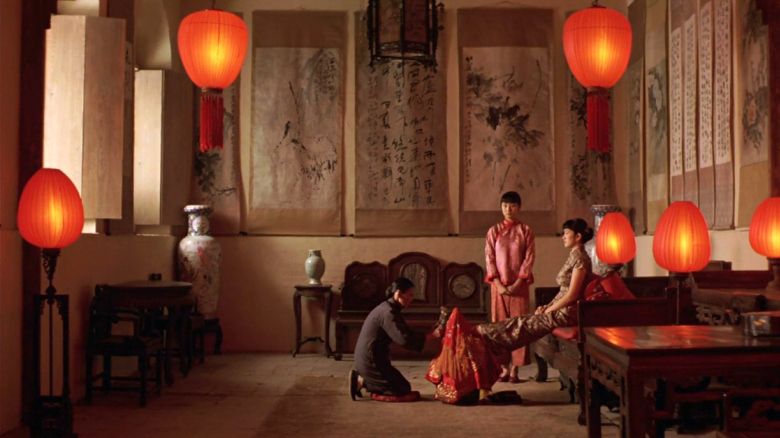
Photograph: courtesy ERA International
Our pick from the Mainland is usually considered a prestige period piece, but as it’s about women driven mad by a sadistic master in a remote mansion, it increasingly comes to resemble a classic slasher as it progresses.
If these four classics couldn't feed your inner thriller, check out
the 10 best horror movies which are chosen by the experts, we wish you to have a nice nightmare.
